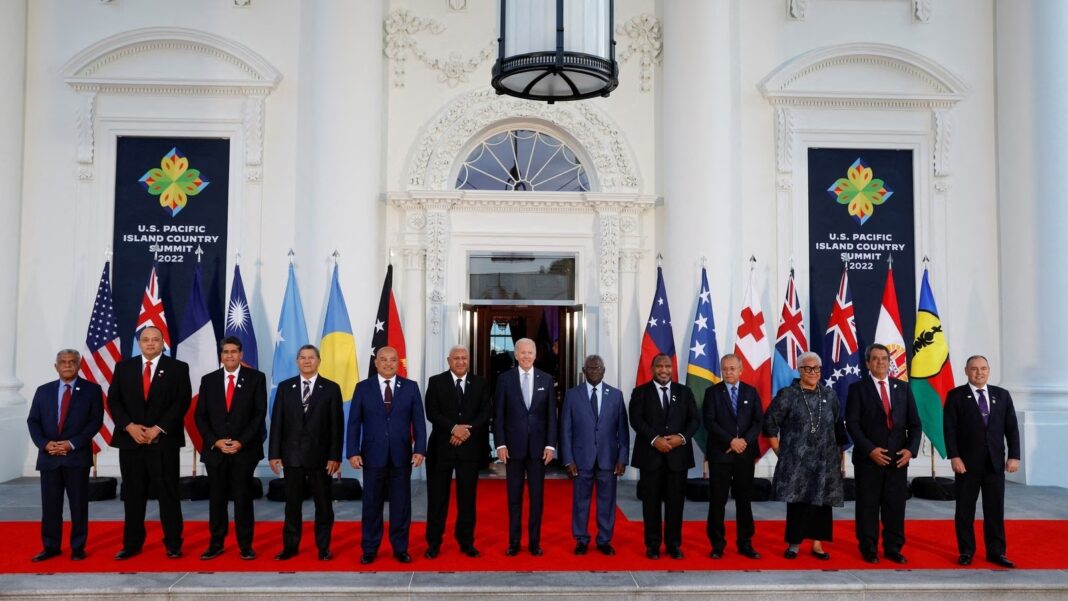Port Moresby (Papua New Guinea), May 18: In a surprising turn of events, President Joe Biden’s highly anticipated visit to Papua New Guinea, scheduled for Monday, May 22, has been canceled.
The decision was announced by President Biden himself during his remarks at a Jewish American Heritage Month celebration at the White House on May 16, as he expressed the need to prioritize ongoing debt ceiling negotiations in the United States.
The visit was intended not only to strengthen ties with Papua New Guinea but also to participate in the second U.S.-Pacific Islands Country Summit, where Biden aimed to build trust with strategically significant Pacific Island countries in the face of China’s increasing influence in the region.
Australian Prime Minister Anthony Albanese confirmed the cancellation of the QUAD meeting, attributing it to the postponement of President Biden’s visit to Australia, on the same day.
While Papua New Guinea’s Prime Minister has yet to officially comment on the cancellation, visible disappointment is evident. Mihai Sora, a Pacific islands analyst with the Lowy Institute think tank in Sydney, remarked, “For Papua New Guinea, this was a very big deal, and they will be disappointed.”
The preparations for the visit, which began six months ago, included plans to shut down the country’s airspace and even designate the day as a public holiday, allowing residents of Port Moresby to catch a glimpse of the visiting president.
While the reasons cited by the White House appear legitimate, the cancellation of President Biden’s visit deals a significant blow to U.S. credibility in the region as a consistent and reliable partner.
Pacific Island leaders have long expressed concerns about being perceived as “flyover” countries by the United States. In contrast, Chinese President Xi Jinping has visited the region three times, including a noteworthy visit to Papua New Guinea in 2018.
China has been actively lobbying for a larger role in the Pacific, despite its failure to secure a security and trade deal with ten nations in the region. The cancellation of President Biden’s visit further undermines U.S. credibility in the face of China’s sustained efforts as a major infrastructure donor for the region.
The repercussions of this cancellation may extend beyond diplomatic concerns. It could pose challenges for Papua New Guinea’s Prime Minister, James Marape, domestically.
Marape’s government had been preparing to sign a significant defence pact with the United States and a security agreement allowing U.S. Coast Guard vessels to patrol its waters.
However, some opposition party politicians criticized the pact, fearing it could upset China. The delay caused by Biden’s cancellation may provide an opportunity for opposition members to further rally against the agreement.
Meanwhile, Indian Prime Minister Narendra Modi remains committed to his scheduled visit to Papua New Guinea. Prime Minister Modi will preside over the third Forum for India–Pacific Islands Cooperation (FIPIC), reaffirming India’s strong presence and determination to expand its influence in the Indo-Pacific region, as evidenced by the recently concluded first ASEAN-India Maritime Exercise.
As President Biden’s absence reverberates throughout the Pacific, questions arise about the United States’ ability to maintain its credibility and influence in the face of China’s growing presence. The region’s leaders and observers will keenly observe the developments that unfold in the aftermath of this significant setback for U.S. diplomacy.






